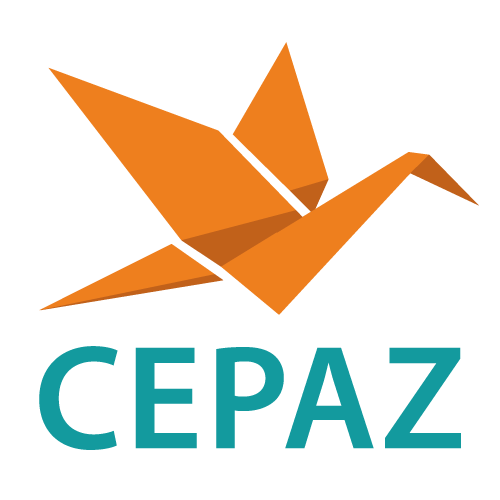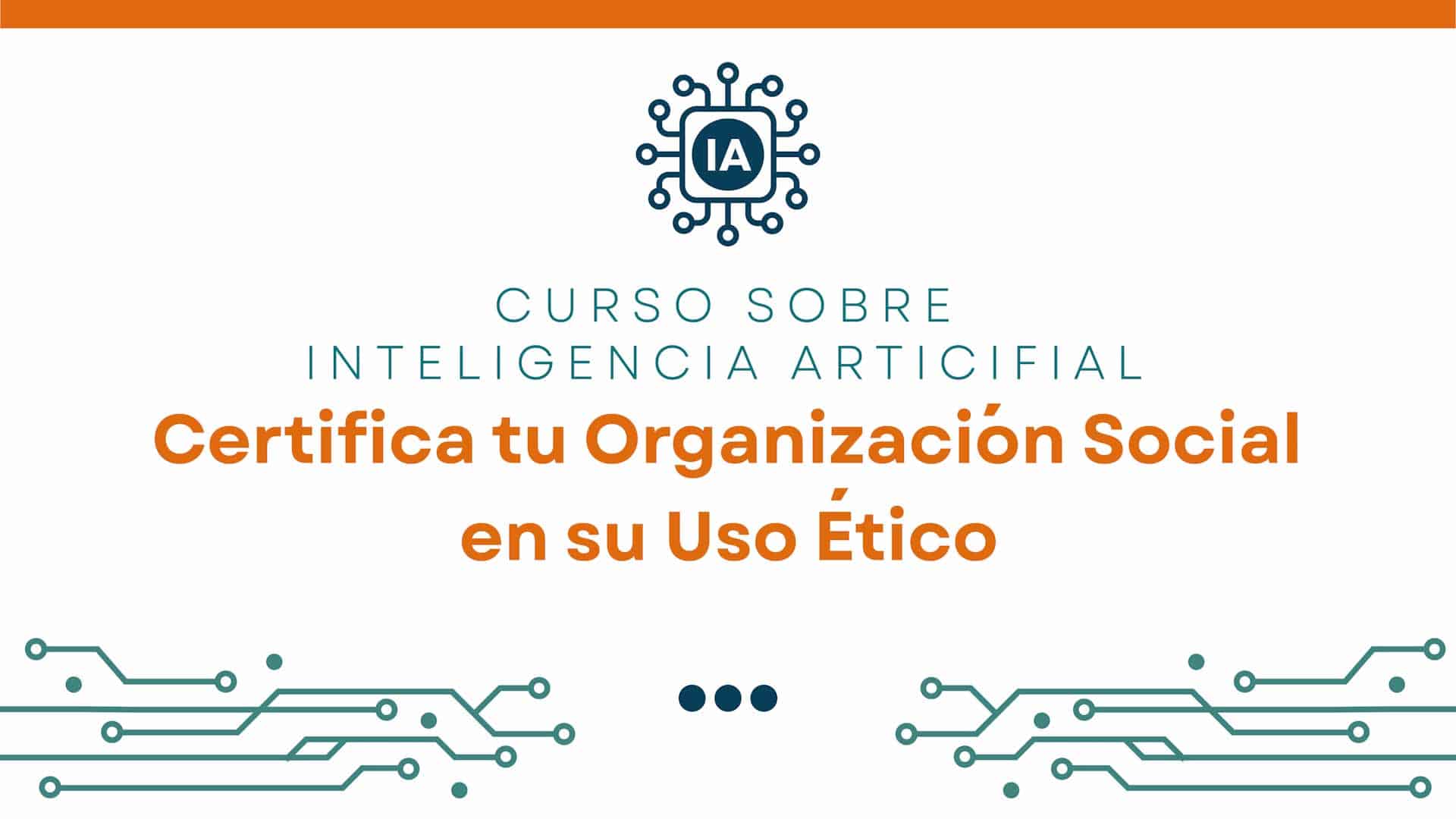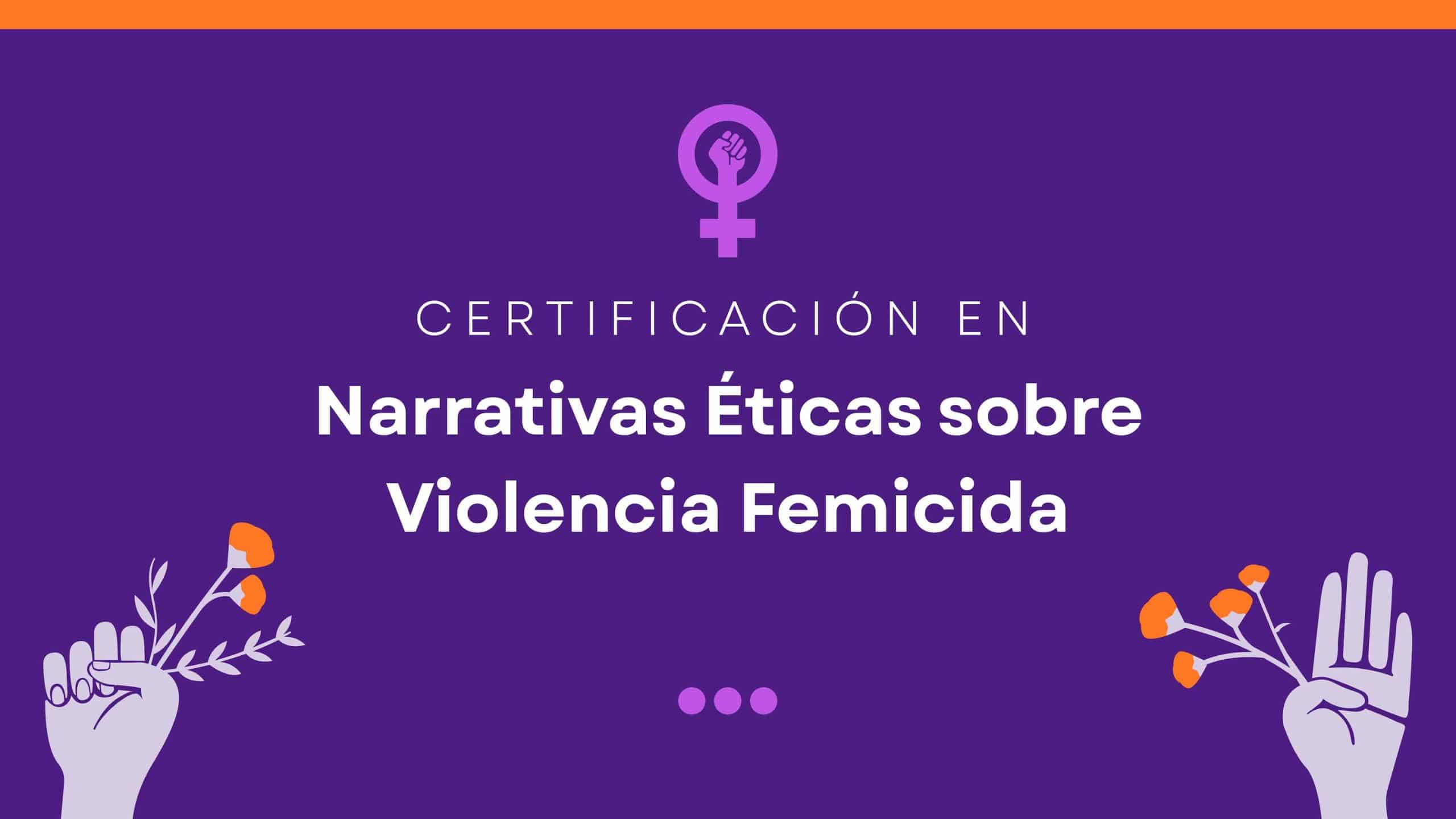We, feminist civil society organizations, share below our agreed minimum requirements and non-derogable principles that we believe should be met in order for the Beijing+25 process, including the Generation Equality Forum, to achieve our stated goal for genuine feminist convenings with meaningful participation of, and clear, progressive direction for, the future of the feminist movement.
I. Guiding Principles for Participation
In order to be successful, the Beijing+25 process must be governed by the following guiding principles, which are presented in no particular order and are to be considered of equal importance. We have provided stakeholder-specific recommendations in Section II.
- Global-to-Local Linkages: The Beijing+25 process must have clearly defined terms of reference that outline terms for participation and show how links will be made between national processes, the intergovernmental regional processes and the Forum at the global level.
- Embrace of Intersectionality: The Forum must enshrine an understanding of the links between our diverse issues – within social, gender, ecological, economic, redistributive, racial, reproductive and sexual justice – to ensure we are not trading or prioritizing certain rights over others.
- Clear and Consistent Feminist Leadership: The Forum must be a platform to advance and embody the following feminist principles:
- Respect the individual and collective human right to choice for all people, as well as respect for diverse opinions, experiences, choice and human rights of all categories of women and girls and gender non-conforming
- Respect for the rights of all women and girls and gender non-conforming people to live free of patriarchal oppression, discrimination, coercion and
- Respect for the human rights of women of all ages, girls and people of diverse sexual orientations and gender identities to bodily integrity, autonomy and agency.
- Commitment to the elimination of all forms of discrimination and violence, including those based on racist, classicist, sexist, ageist, fascist, ableist, misogynist, Islamophobic, homophobic, lesbian-phobic and trans-phobic ideas. This includes specific attention to the need to address the human rights violations and violence faced by women human rights defenders, trans women, non-binary people, sex workers, indigenous women and girls, women and girls with disabilities, migrants and women working in conflict, post-conflict and militarized contexts, among
- Ensure all the diverse women’s right to decide their economic participation; universalize the right to decent work, a living wage and to safe, decriminalized and empowering work conditions with benefits and social protection, free from sexual abuse and harassment; and the right to organize, strike and bargain collectively, including for women working in the informal sector, garment industries, sex workers, domestic workers, rural women and migrant workers, among others.
- Commitment to end land and resource grabbing, forced evictions and displacement of women and recognition of the rights of indigenous women, including their right to free, prior and informed consent (FPIC) as well as continuous consent over all decisions affecting their communities and lands, as well as respect for their rights to self-determination.
- Respect for the rights of all women, girls and gender non-conforming people to a sustainable and healthy environment on land and water, secure land tenure, food sovereignty and control over natural resources; and to a just and equitable transition away from extractives, fossil fuels and risky energy systems such as nuclear power, to the sustainable and decentralized use of renewable
- Respect for the human rights of all women, girls and gender non-conforming people to make decisions with regard to, and have control over, all aspects of their sexualities and reproductive lives, including the right to safe abortion, and universal access to comprehensive sexuality education and sexual and reproductive health services in order to exercise those
- Commitment to the elimination of global inequalities and the redistribution of power, resources and wealth within and between the Global North and Global South, between rich and poor and between men, women and gender non- conforming people.
- Commitment to a just, global macroeconomic order where women’s and girls’ human rights are facilitated through global solidarity that enables tax justice; public spending on critical public goods, services and commons; and women’s democratic decision-making over natural resources and economic policies, from the household level to national and international institutions and policy making processes.
- Commitment to the creation of national and global mechanisms that hold corporations accountable for the human rights and environmental violations they cause or enable throughout their supply chains, especially those that adversely impact women and girls and gender-nonconforming
- Commitment to the protection of Women Human Rights and Environmental Defenders and an enabling environment for WHRDs and other activists to do their work free from fear, harassment and
- Nothing About Us Without Us: The Forum must be anchored in principles of inclusiveness: meaningfully engaging grassroots women’s groups who are organized to address their poverty, gender oppression and marginalized status as slum dwellers, indigenous, displaced and targeted ethnic and religious minorities, among others. To ensure full participation and avoid contributing to unpaid care work, sufficient funding needs to be made available to support time, travel and participation of feminists organizing for the success of the Beijing+25 process and the Generation Equality
II. Stakeholder-Specific Parameters for Participation
In order to realize these principles, we recommend the following specific actions be taken by each of the following stakeholder groups: The Core Group, UN actors, government officials, corporate representatives and civil society members, respectively.
Core Group:
- Access and Inclusion: Host governments (Mexico and France) must commit to ensure full support for visas to be provided to diverse, feminist activists and actors seeking to participate. An important measure of Forum success will be the lack of visa 1
- Transparency and Equity in Decision-Making: The Core Group must not take any decision with regard to the Forum if the Civil Society Representative is not present. The Core group must proceed by consensus rather than tallying votes. Meeting minutes and key decisions must be published promptly following each meeting of the Core Group on either the UN Women or Generation Equality Forum
- Equitable Representation: Core Group members from government and the United Nations will inevitably be assisted by staff teams who will attend meetings; the civil society representative must also be able to bring associated CSAG members, who will attend in a non-voting capacity.
- No Un-funded Mandates: The Core Group must announce its commitment to making the Generation Equality Forum an inclusive place for feminist, Global South and youth voices. Concrete funding to support the inclusion of as diverse and wide of a range of feminists as possible must be made available immediately; both Mexico and France, and all states that wish to participate, should put forward funds to support, at a minimum, the participation of at least one member of the CSAG.
- Spotlight on Champions Only: The Core Group must commit that governmental and private sector leaders that fail to uphold the feminist ideals laid out since the Beijing conference will be prevented from speaking at the Forum. This should be made clear from the start of the process; we have proposed stakeholder-specific parameters
Governments:
- No speaking slots shall be allotted for states that have not ratified CEDAW. Those who do not meet requirements must accept CEDAW reporting standards which will enable reporting from feminist civil society groups independently of
- In order to participate in the Forum, states must have supported the reaffirmation of the Beijing Declaration and Platform for Action, and other women’s human rights standards, in the intergovernmental negotiations at CSW64, and must commit to not censor NGOs or edit the demands of feminist civil society, nor the outcomes of the Forum, when they report on the Forum in the September 2020 UN General Assembly.
- As one criterion for participation, governments should commit to pen feminist policy frameworks, which prioritize gender justice and environmental integrity; enshrine the human rights of women and other traditionally marginalized groups; allocate significant resources to achieve that vision; and seek through their implementation to disrupt patriarchal and male-dominated power structures across all levers of influence. Policies must be informed by the voices of feminist activists, groups and movements.
- Feminist foreign policies must explicitly include aid, trade, defense and diplomacy in their scope, and, for donor countries, must commit to significantly increase investments in gender justice and for women’s organizations in their official development assistance (ODA) overall. 2
- Feminist domestic policies must include a significant increase of national budgets for gender justice and women’s human rights and
Corporations:
- Corporations who do not adhere to the standards articulated by the UN Principles on Business and Human Rights, UN Compact and Calvert Women’s Principles must not allowed to participate in the
- As a matter of principle and recognizing the seriousness of the climate crisis, and in the spirit of intersectional feminism, no participation is permitted by fossil fuel and mining companies, their subsidiaries or their parent
- Corporate participants must pledge to:
- Recognize the primacy of human rights over trade and investment
- Recognize their responsibility to stop corporate abuse and abide by international human rights law
- Fulfill their responsibilities in paying tax and ending illicit financial flows, and not opposing country by country reporting of taxes for transnational corporations
UN Actors:
- UN entities that do not participate in or will not commit to a uniform and objective, transparent and externally monitorable gender marker system to increase and track financial allocations for women’s rights must not be allowed to
- UN entities who do not participate in or will not commit to system reforms to document, investigate, hold to account and ensure confidentiality for all gender-based discrimination or sexual harassment, gender-based violence, abuse and exploitation must not be allowed to
- As one criterion for participation, UN entities should publicly support an independent review process to uncover, articulate, and transform the internal UN culture that perpetuates colonialism, racism, sexism, and
- As one criterion for participation, the Secretary-General should announce a campaign to raise the funding of UN Women to the originally promised funding of $1 Billion. The Secretary-General should also make a public commitment to use his pulpit to advocate with governments, including host governments, for the highest possible degree of ambition for their commitments to participate in the Forum.2 Specifically, donors should commit to a floor of 85% of ODA to gender as a significant or main objective by 2030, of which at least 20% dedicated to projects with gender justice as their main objective. This approach recognizes that extreme poverty and global hunger are a choice and not occurring by chance, and if we want to address feminization of poverty and the lack of funding for public services (which women rely on more than men), then we need to tackle illicit financial flows and ensure the wealthy elite are paying their fair share of taxes, enabling governments to have the revenue to support vital services to women.
- As one criterion for participation, UN Women should commit to having civil society as a voting part of its governance structure, not solely in an advisory capacity, and commit to working with other agencies to follow
- As one criterion for participation, the UN should announce an internal audit of all USGs and ASGs and sanction those who fail to uphold the feminist ideals laid out since Beijing.
- As one criterion for participation, relevant UN agencies should commit to ensure UN Women participate in all UN peacekeeping and peacebuilding missions as official gender lead for the SRSG and as the oversight agency for women protection officers and gender advisors to peacekeeping and peacebuilding operations.
- As one criterion for participation, UN entities should redouble efforts to meet the UN’s gender parity staffing goals, including through provision of early retirement options to male staff and requirement moving forward that those states for whom the hiring of nationals is a condition for their contributions to the UN funding must put forward gender balanced lists of candidates for every suggested UN hire.
Civil Society
- The Civil Society Advisory Group must include representation of all regional groups engaged in the Beijing+25 review process. Regional representatives can act as a conduit for local voices and bring information back to national activists, providing an important link between national, regional and global B+25
- Civil society representatives shall come from widely recognized global and regional civil society networks and organizations that have a record of advocating for gender justice and women’s human rights. These may include representatives from organizations representing youth activists, LGBTI+ people, women human rights defenders, women and girls with disabilities, indigenous and afro-descendent women and girls, refugees and migrants, sex workers, older women, and women and girls from other marginalized communities, as well as organizations working on a diverse range of thematic issues including labor rights, economic justice, environmental justice, peace and security, human rights, sexual and reproductive justice, among others to ensure intersectional, intergenerational and cross-movement
- Civil society representatives must commit to uphold respect for the autonomy and human rights of all people and affirm the rights of all women and girls to live free of oppression, discrimination and violence. They commit promote to an understanding of the links between social, gender, ecological, economic, redistributive, reproductive and sexual justice and ensure they are not trading or prioritizing the rights of one over another.







